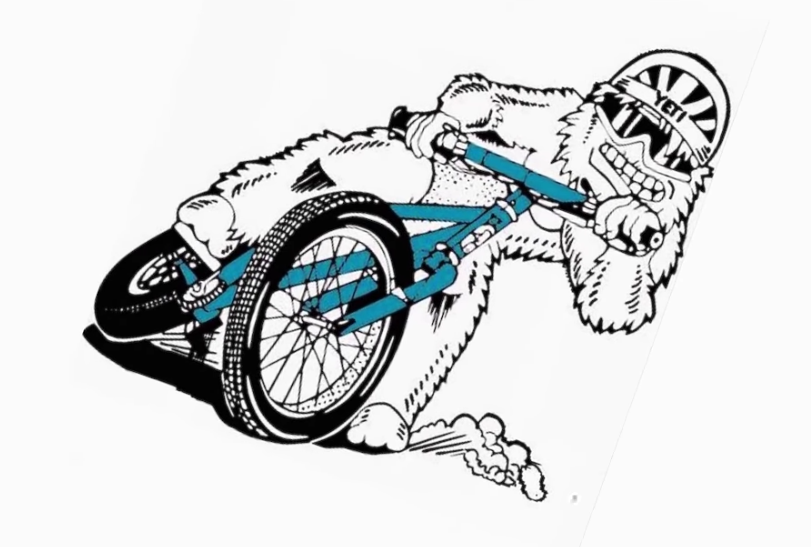Getting knocked or pulled--or simply falling--off your bike is almost certain to cause you injury. Trust me, I know!
So when someone sent along this news clip, I felt rage at the cops.
What isn't clear is what, exactly, the kid did to warrant that kind of treatment. The street was closed off so neither the young man, nor the friends who were riding with him, "obstructed" traffic, as one of the officers claimed.
It seems that those boys did little, if anything, more than to taunt the cops: something that kids of that age, who naturally thumb their noses at authority figures, are wont to do.
I have to wonder, in the wake of George Floyd'ss murder, what one of those cops was thinking when he went for the kid's neck.
So when someone sent along this news clip, I felt rage at the cops.
What isn't clear is what, exactly, the kid did to warrant that kind of treatment. The street was closed off so neither the young man, nor the friends who were riding with him, "obstructed" traffic, as one of the officers claimed.
It seems that those boys did little, if anything, more than to taunt the cops: something that kids of that age, who naturally thumb their noses at authority figures, are wont to do.
I have to wonder, in the wake of George Floyd'ss murder, what one of those cops was thinking when he went for the kid's neck.





















![items.[0].image.alt](https://ewscripps.brightspotcdn.com/dims4/default/1ee7253/2147483647/strip/true/crop/1280x720+0+0/resize/1280x720!/quality/90/?url=http%3A%2F%2Fewscripps-brightspot.s3.amazonaws.com%2F5e%2F4f%2Facd46b2b4722862c1aa9b03313e0%2Figuana-caught-in-bicycle-tire-in-keys.jpg)







